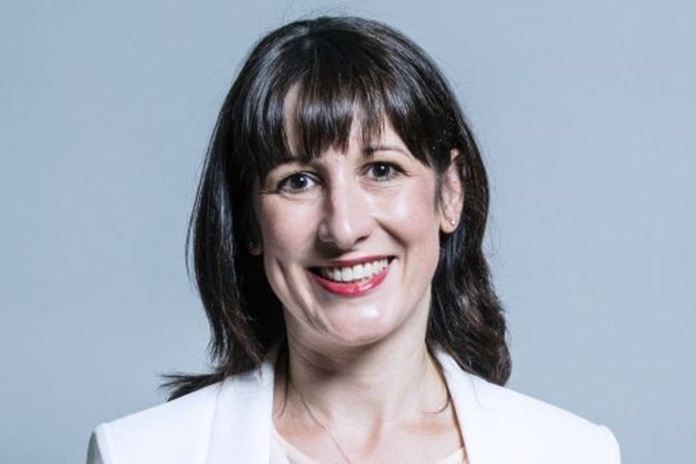
Leading local authority figures have expressed disappointment over the lack of support for district councils in the final local government finance settlement as the total funding “lags behind inflation”.
The final local government finance settlement was published on 6 February and offered authorities in England almost £60bn to deliver frontline services. Levelling up secretary Michael Gove highlighted that the funding package “represents an increase of over 9% for councils on last year, ensuring a fair deal for local government”.
Following a four-week provisional settlement consultation, the government also expanded the total funding allocation to include an additional £19m for services and a further £10m for the Rural Services Delivery Grant.
However, Peter Fleming, finance spokesperson for the District Councils’ Network, highlighted that despite the final settlement providing a 3% increase in district authorities’ spending power, the extra funding falls short of compensating them for high inflation.
He said: “We welcome the additional uplift to the Rural Services Delivery Grant and services grant announced today. However, the total increase in support lags behind inflation. It does not give districts sufficient freedom to support themselves and respond to their communities’ needs.”
Fleming also expressed that he was “disappointed” that the government did not act on district councils’ call, following the provisional settlement in late December, to increase their council tax referendum threshold from £5 to £10.
His sentiment was echoed by Alison Scott, president of the Society of District Council Treasurers and shared director of finance at Three Rivers District and Watford Borough councils, who told Room151: “We are disappointed that the government did not give the additional council tax flexibility requested by districts.
“We would have liked to see a £10 referenda limit. Districts have by far the lowest settlement of all classes of authority which leaves vital district services under pressure.”
The total increase in support lags behind inflation. It does not give districts sufficient freedom to support themselves and respond to their communities’ needs.
Lack of long-term funding certainty
The finance settlement for 2023/24 is the fifth one-year settlement in a row for councils. James Jamieson, chairman of the Local Government Association, warned that this lack of long-term funding certainty from government continues to “hamper” financial planning and sustainability for authorities.
He said: “Councils want to work with government on a long-term funding plan which ensures they have adequate resources, certainty and freedoms and can deliver world-class local services for our communities.”
Georgia Gould, chair of London Councils, also highlighted that the government’s short-term funding arrangements offered in the settlement undermine boroughs’ ability to invest strategically. This makes it hard for boroughs to assess what resources will be available for services beyond 2023/24.
Gould said: “Boroughs play a vital role in supporting Londoners through the cost-of-living crisis, but for too long have been hampered by inadequate funding and a lack of long-term planning from central government. The entire system needs urgent reform.
“London faces a wide range of major challenges. Giving boroughs better funding tools is essential for investing in local services and enabling us to make faster progress in reducing poverty, driving inclusive economic growth, tackling climate change, and supporting Londoners’ other key priorities.”
We would have liked to see a £10 referenda limit. Districts have by far the lowest settlement of all classes of authority which leaves vital district services under pressure.
Greater council tax flexibilities
In his Autumn Statement, chancellor Jeremy Hunt announced that local authorities will be able to increase council tax by up to 3% per year in 2023/24 without a referendum, with councils that have social care responsibilities able to increase their council tax by an additional 2% per year.
The final local government finance settlement confirmed that following requests from Thurrock, Croydon and Slough, the government has agreed to provide these councils with additional flexibility to raise council tax, by applying higher referendum principles.
It stated that Thurrock and Slough will be able to raise council tax by an additional 5% above referendum principles applied to other councils, and Croydon will be able to raise an additional 10%. “The requests for additional flexibility follows significant past failures in local leadership and financial management in each council.”
—————
FREE weekly newsletters
Subscribe to Room151 Newsletters
FREE midweek LinkedIn newsletters
Subscribe to Room151’s LinkedIn+
Room151 LinkedIn Community
Join here
Monthly Online Treasury Briefing
Sign up here with a .gov.uk email address
Room151 Webinars
Visit the Room151 channel













